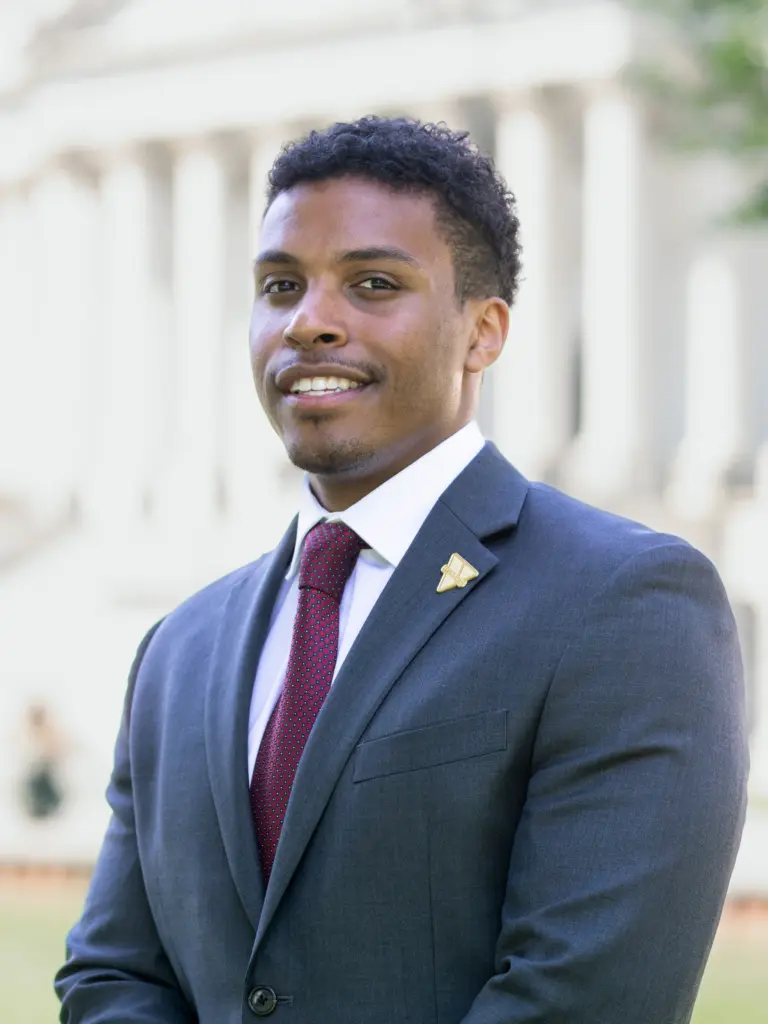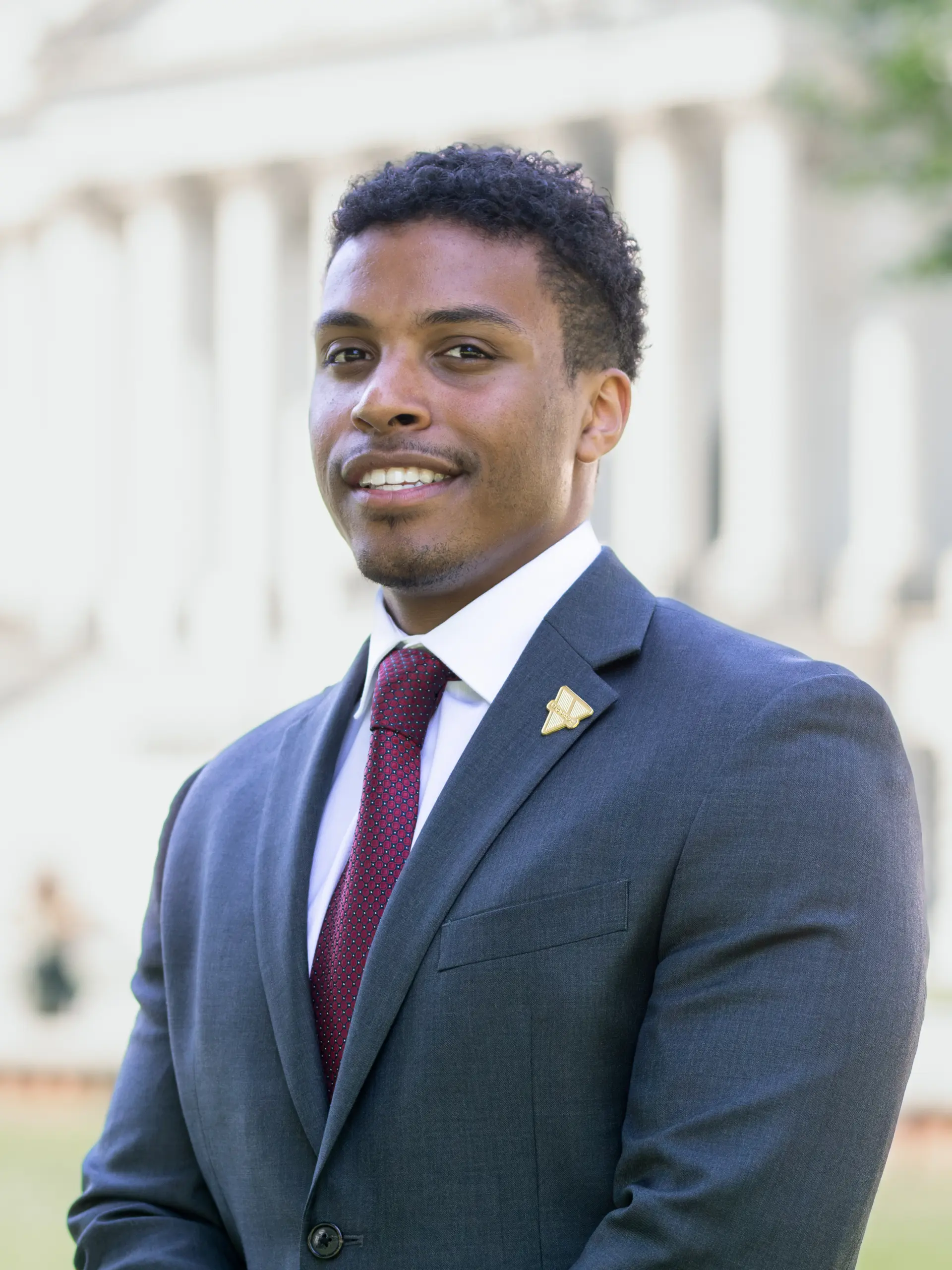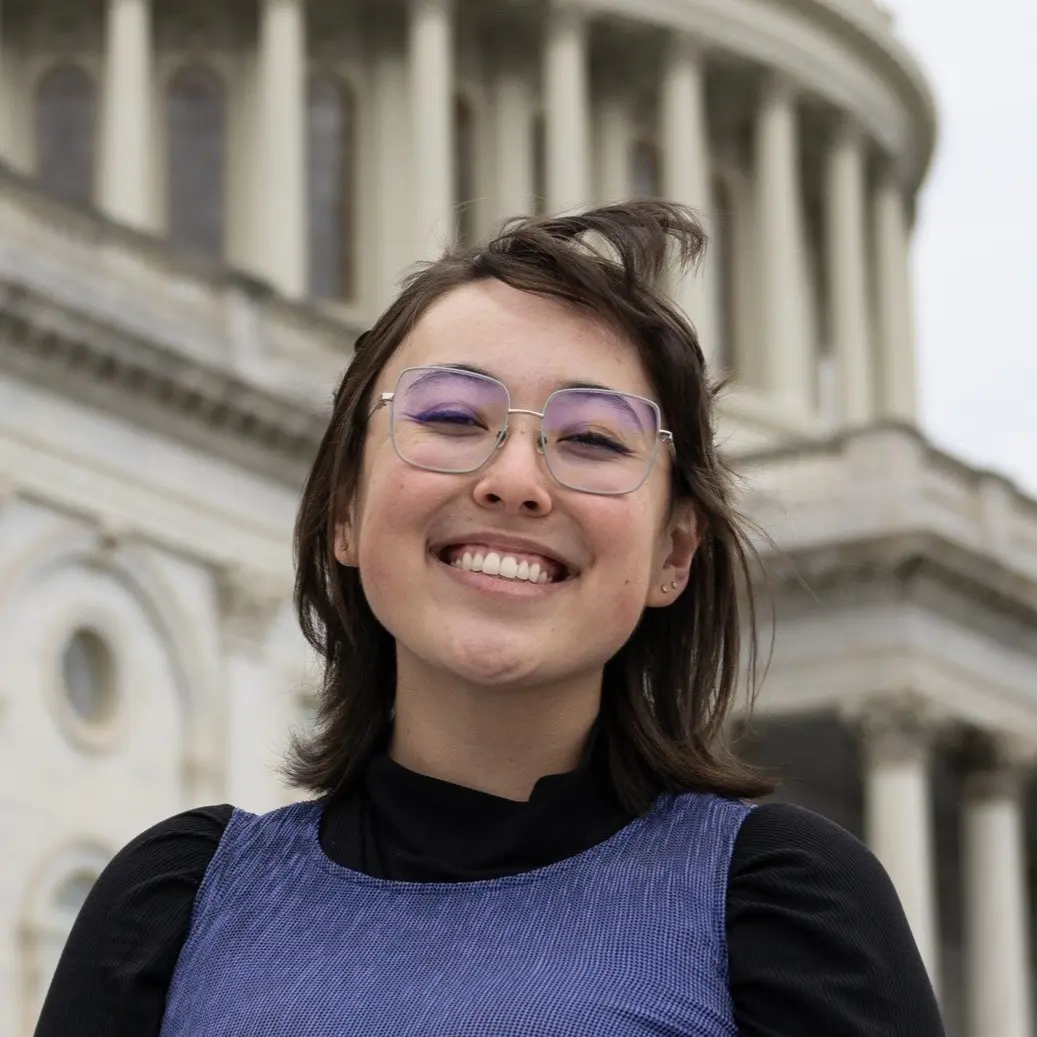
OUT ON THE HILL is the official blog of the Victory Congressional Interns. Views expressed do not necessarily reflect those of LGBTQ+ Victory Institute. Learn more about the internship at victoryinstitute.org/vci.
———————————–
Returning to DC is an exciting opportunity. As I received the acceptance letter as a Victory Institute intern– I was ecstatic to walk the grounds of our nation’s Capitol again. Last year, I had the opportunity to make my mark in D.C. as an intern at the government relations firm, Invariant LLC. My experience there unveiled the fascinating dynamics between businesses of all sizes and the federal government in the private sector. Now, I have the chance to work on the other side, with a member of Congress.
What I didn’t expect was the crossover that occurred in my second week on the job.
I consistently engage my interest in law through my involvement with the Senate and House Judiciary Committees. I worked hand-in-hand with Invariant’s Judiciary and Commerce practice group. As a Victory intern, I work with a Member of the Judiciary Committee. In both positions, I’ve had the opportunity to shadow junior and senior staff on how the bread is made—both in government and government relations.
In government relations, firms help clients of all sizes, from mom-and-pop shops to Fortune 500 corporations, navigate the complexities of our government. Client issues usually concern how companies can best achieve their social or economic goals with the government’s help. For example, how can a company’s sustainability initiatives align with government programs?
Conversely, in Congressional Offices, staffers meet with Representatives of different companies, usually headquartered in their constituency. To establish a meaningful relationship, or any relationship at all, Congressional Offices depend on these interactions to better understand the welfare of their district. These interactions resemble staffers’ most common exchanges with individual constituents, small groups, and elected officials.
As a new Congressional intern in DC, I had no idea what to expect. What I did know, however, was my interest in judiciary-related matters like American civil rights concerning clean air and water access, LGBTQ+ rights, and racial equality.
During my time at Invariant, I had the chance to delve into my interest in civil rights and sustainability, two key issues for clients of the practice group I was assigned. Interning in Congress, I carry the same enthusiasm to engage in civil rights and sustainability matters, especially since they are areas of importance for the Member I work for.
I soon realized that regardless of each Elected Official’s stance on judiciary matters, there remained a genuine desire to engage with constituents, including businesses of all sizes. In many cases, government relations firms play a pivotal role in bridging the gap between companies and Congress.
Imagine my excitement when, during my second week on the job, I found out that Invariant was assisting a client located in the district of the Member I’m currently working for– and they all just happened to be meeting while I was there. I told myself I had to be there. Upon request, I was able to sit across from my former intern coordinator in a fascinating new position from the government’s perspective and not that of the corporation.
In my second week on the job, my former and current internship became one.
A full circle moment.
In the meeting, I saw my past discussions with Invariant clients come to life and fruition in the offices of Elected Officials. The client, a business in the district, was advocating for its sustainability goals. The exchange of questions and answers between the two distinct groups was intriguing, especially considering that both sides expressed a common desire to support the local community in the district. For me, this full-circle moment reinforced the importance of our Elected Officials maintaining clear communication with everyone in their constituency.
As a current Victory intern who cares deeply about civil rights work, I’ve realized that there are many ways to advocate– whether working for a business, a government relations firm, or the government itself.


